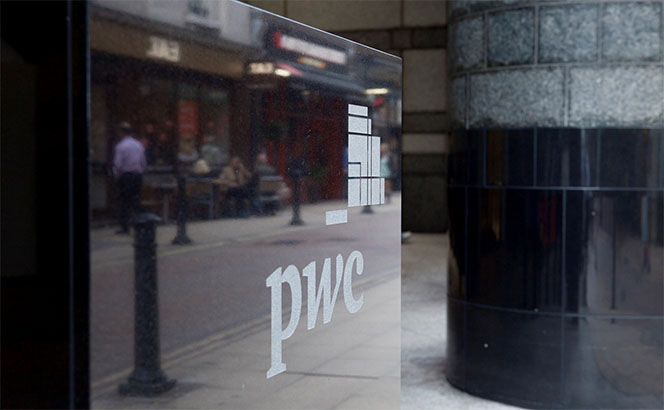The legal and accounting sectors contributed an eye-catching £19.1bn in tax to the UK economy in 2018, suggests a new report from lobby group TheCityUK.
The report published today (18 July) estimates the figure to be a 6.8% increase since 2016, with law and accountancy firms’ business models resulting in a higher tax contribution compared to their corporate counterparts. Firms’ employment taxes made up the lion’s share of the payments, measuring at £7.4bn, with partnerships providing a boon to the public finances.
‘Those figures don’t surprise me,’ BDO tax partner Colin Ives told Legal Business. ‘It’s considered a fact of life, it’s how we operate.’
The report – which saw accountancy firm PwC extrapolate data from 18 participating firms – concludes that the tax haul made up 2.8% of total Government receipts in 2018. The respective sectors contributed £8.3bn in total taxes levied on the firms, including partner taxes; corporation tax and employers’ national insurance contributions.
A further £10.8bn was raised through taxes collected from employees and customers respectively, including employee income tax and VAT charged to customers. Partner taxes made up 26.7% of the total tax contribution, measuring at £5.1bn.
The figures suggest the sectors are disproportionately productive in relation to their workforce numbers. The Office for National Statistics states 8.4% of the UK workforce is made up of those in the professional, scientific and technical industries. According to TheCityUK report, 30% of that industry is made up of legal and accountancy, or 2.4% of the UK’s total workforce.
Fieldfisher managing partner Michael Chissick believes honesty within the legal industry also accounts for the sizeable tax bills: ‘First of all, law firms are above board businesses. We actually pay our tax, there’s none of that creative dodgy stuff. But we also pay well, a lot of our secretaries will earn more than teachers and we’re a high margin business so we pay a lot of tax.’
Ives argues the hefty contributions could stress test the partnership model in the future: ‘Investment in a partnership model comes after tax, and it remains significantly easier to invest if you’re a corporate,’ he commented. ‘Advancements in technology are increasing the flex on the model because if you need to invest £10m in tech, you’ll find that easier as a corporate.’
George Bull, senior tax partner at RSM, suggests well-run law firms have little to fear from tax bills: ‘Firms have grown up a lot in thinking about how to use their profits. Firms are more interested now in creating sustainable businesses with profits they can replicate. So are partners worried about it? The well-managed firms won’t be as they plan consciously.’
However, there has been an increase in firms adopting alternative models. DWF is one example, becoming the UK’s largest listed law firm after completing a £95m initial public offering in March. Firms under such a model can receive external investment, at the cost of lower partnership rewards to ensure a return to investors, while the capital that flows through traditional partnerships makes for an increased tax pay out.












